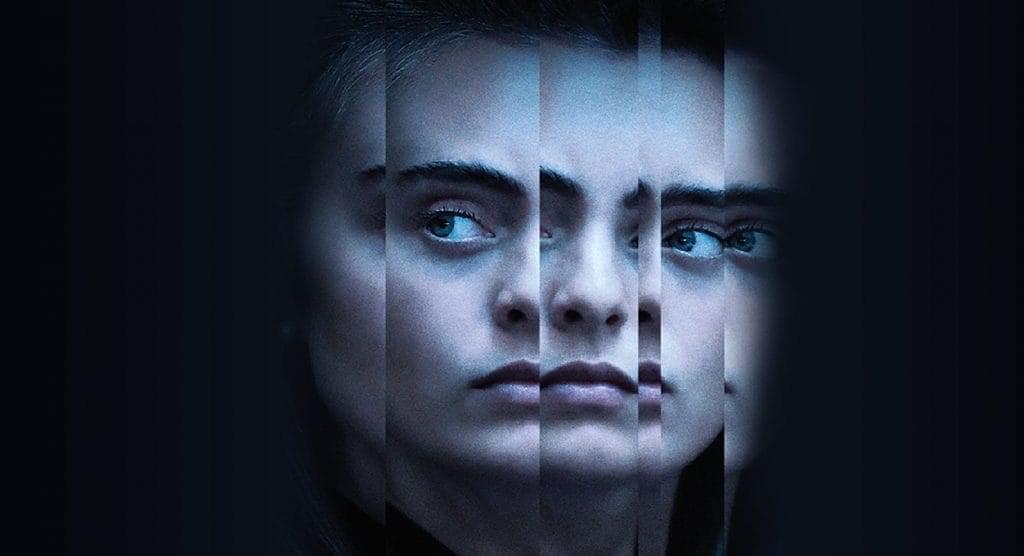
Fans of Japanese cinema may have a sense of deja vu when they see Yoji Yamada’s “The Twilight Samurai.” This vibrant production, which was recently nominated for the Academy Award as Best Foreign-Language Film, recalls the golden age of Japanese cinema when filmmakers such as Kurosawa, Mizoguchi and Ozu created compelling works of art. Indeed, “The Twilight Samurai” is very much an equal to the classics of the master Japanese directors.
Set in the turbulent 19th century period when the feudal Edo period was about to fall to the Meiji Restoration, “The Twilight Samurai” focuses on Seibei Iguchi (Hiroyuki Sanada), a low-ranking samurai living in near-poverty with his two young daughters and his senile mother. The death of his wife from consumption ravaged what little funds he possessed and his physical appearance suffers to the point that he creates an embarrassment when a visiting clan leader comments negatively on his torn clothing and unpleasant aroma. Despite his samurai status, he works as a clerk in a warehouse and is barely tolerated by his colleagues.
Seibei’s life changes when a childhood friend, Tomoe (Rie Miyazawa), returns to her brother’s home following her divorce from an abusive samurai. Tomoe’s ex-husband follows her and becomes violent and Seibei protects her honor by accepting the ex-husband’s challenge to a duel. Using a wooden club in lieu of a sword, Seibei knocks out his opponent and soon gains a new respect for as a fighter.
Tomoe repays the kindness by tending to Seibei’s home and caring for his daughters, who take to her immediately. But the shame of his poverty and her higher social status prevents him from taking the obvious step of proposing. His only hope of being able to provide for Tomoe comes when he receives an order from the clan elders to kill a rogue samurai.
“The Twilight Samurai” captures an epic sweep of Japanese history in a beautifully intimate style. The samurai warriors here are not the larger-than-life figures of Kurosawa’s classics, but rather very mundane men who are called upon to handle the nastier elements of their social structure. The casual corruption of the ruling hierarchy is also presented with raw honesty, with a power grasp built on equal parts bullying and lies. The Japanese class structure, which has often been a taboo subject, is presented without reservation. A few obviously modern touches have been added as appeal for contemporary audiences, such as Tomoe’s somewhat brash self-assurance and the very progressive view of divorce, but on the whole the film brilliantly reflects the political and social decay which forced the Edo period to collapse.
Praise needs to be shared between Yamada’s wonderfully focused direction and the beautifully balanced performances of the gifted ensemble cast. The production values here are peerless. Mutsuo Naganuma’s subtle cinematography is a constant source of wonder and Kazuko Kurosawa’s richly detailed costume design is (if you can pardon that tired cliché) truly deserving of an Oscar. Isao Tomita and Yousui Inoue share the music composition credit and their score is nothing short of inspired.
“The Twilight Samurai” is a new classic of Japanese cinema. It is a work of maturity and fine art, provocative in its intelligence and distinguished in its presentation. In short, it is a gem.
Disagree with this review? Think you can write a better one? Go right ahead in Film Threat’s BACK TALK section! Click here>>>


